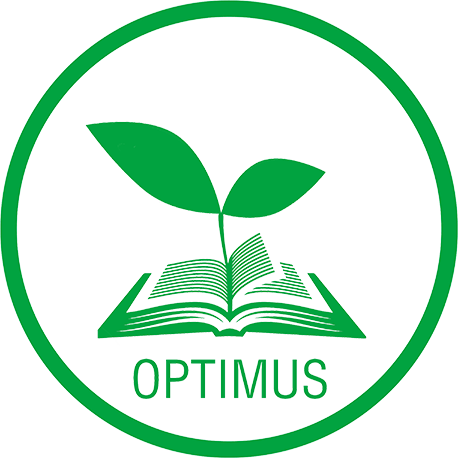

Meet The Optimus Team
Time and time again we have witnessed the huge benefit a diagnosis can be in terms of self-understanding, self-acceptance and a positive way forward. We therefore started Optimus Dyslexia Assessment Services in 2007 with the aim of providing quality assessments at a reasonable price.
Sally Agobiani

My interest in dyslexia began very early in my career whilst teaching within the prison system. I have since spent many years working in further education colleges in Leicester and Plymouth. My roles have included lecturing, coordinating a dyslexia service, study skills support for students with dyslexia, and carrying out diagnostic assessments. More recently I worked as a disability advisor at the University of Plymouth and during this time I facilitated an ADHD support group. I now only work in private practice.
In addition to being a dyslexia assessor I am also a qualified counsellor. Throughout my career I have met many people whose lives have been adversely affected by a specific learning difficulty, ADHD, and autism.
Whereas there used to be services in the community to help people understand their diagnoses and their challenges and strengths, there is now very little available. I therefore trained as a counsellor, completing my Advanced Diploma in Counselling in 2019. My son and I run a private practice together, Mannamead Counselling. Although all clients are welcome, I specialise in neurodiversity.
I also have a particular interest in ‘aphantasia’, the inability to mentally visualise items and events both spontaneously and voluntarily. A person with aphantasia therefore cannot see any pictures in their head, although they may dream in pictures. The condition can coexist with an inability to generate mental experiences of the other senses too, such as tastes, sounds and smells. Research into aphantasia is in its infancy but it is estimated that approximately 2 to 3% of the population cannot visualise. Many people with aphantasia are unaware that they experience the world differently to others. I am very happy to explore any questions you may have about aphantasia.
Sally Agobiani
MSc Developmental Disorders PGCE-post 16 DipSpLD (AMBDA), BPS CCET Advanced Diploma Counselling, PATOSS Current Practising Certificate Number 50000251-IF4086
Hilary Gill

I began my teaching career in Saltash, Cornwall and was delighted to have my very first class. It was not long before I realised that one of my young students who appeared to be very bright, and with whom I enjoyed long and interesting conversations, had significant difficulties with both reading and spelling. To be honest, at that time back in the 1970s I felt at a total loss to know how to help him.
After attending a short course on specific learning difficulties I decided that I wanted to specialise in this area. I therefore went on to complete an Advanced Diploma at Durham University in the teaching of children with specific needs, including dyslexia.
I have worked as a teacher, deputy headteacher and headteacher. During this time I also took on the role of Special Educational Needs Coordinator (SENCo). I have also undertaken voluntary work to develop literacy skills in young offenders. To keep my knowledge up to date I completed a postgraduate qualification in dyslexia at The University of Northumbria. I also gained an AMBDA qualification to become an Associate Member of the British Dyslexia Association and completed my Assessment Practising Certificate with PATOSS. This allows me to assess for dyslexia and, if applicable, for DSA support at university and Access to Work. As with all qualified assessors, I am constantly keeping my knowledge and understanding of dyslexia and other specific learning difficulties up to date and undertake many hours of professional development each year.
Hilary Gill
Cert Ed. Adv. Dip Ed. Special Educational Needs PGCE-SpLD (AMBDA), PATOSS Current Practising Certificate Number 500001368-IF5529
